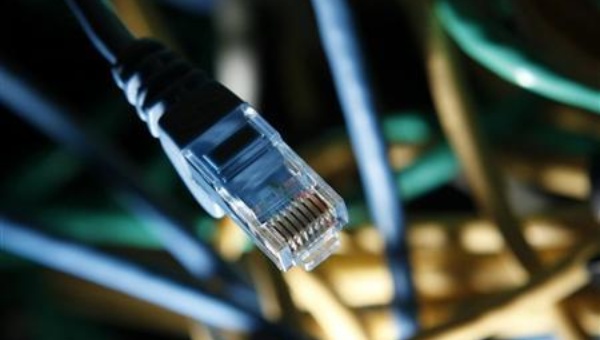The recently recognized net neutrality rules proposed by the Federal Communications Commission may have set the rules for total equality over the Internet. However, this may come with a price in the form of increased Universal Service Fund (USF) fee.
The USF fee is a small payment added on top of regular phone bills. The raised fund is then used in order to build various communication infrastructure that will provide access to some of the remote areas in the United States currently unreached by these services. This allows affordable telecommunication access into rural areas, inner cities and schools which are currently unable to tap into affordable communication services.
The highly publicized debate about rebranding Internet service as a utility, putting it in the same category as phone services, means that the US government now has the right to impose USF fee on top of consumer's regular broadband bill.
To give it a sense of perspective, phone companies charges its customers about $3 a month for the USF fee. Parties who opposed the passing of the net neutrality rules have already predicted this influx in broadband bill long before the regulation was passed, according to The Bulletin.
Republican FCC commissioner Ajit Pai previously said, "The federal government is sure to tap this new revenue stream soon to spend more of consumers' hard-earned dollars."
Many industry analysts predict that the USF fee could seriously affect the increase of broadband bills and expensive broadband service means that fewer people could afford the service. The USF fee along with other state and local taxes will cost consumers a staggering $11 billion annually, according to Investors.


